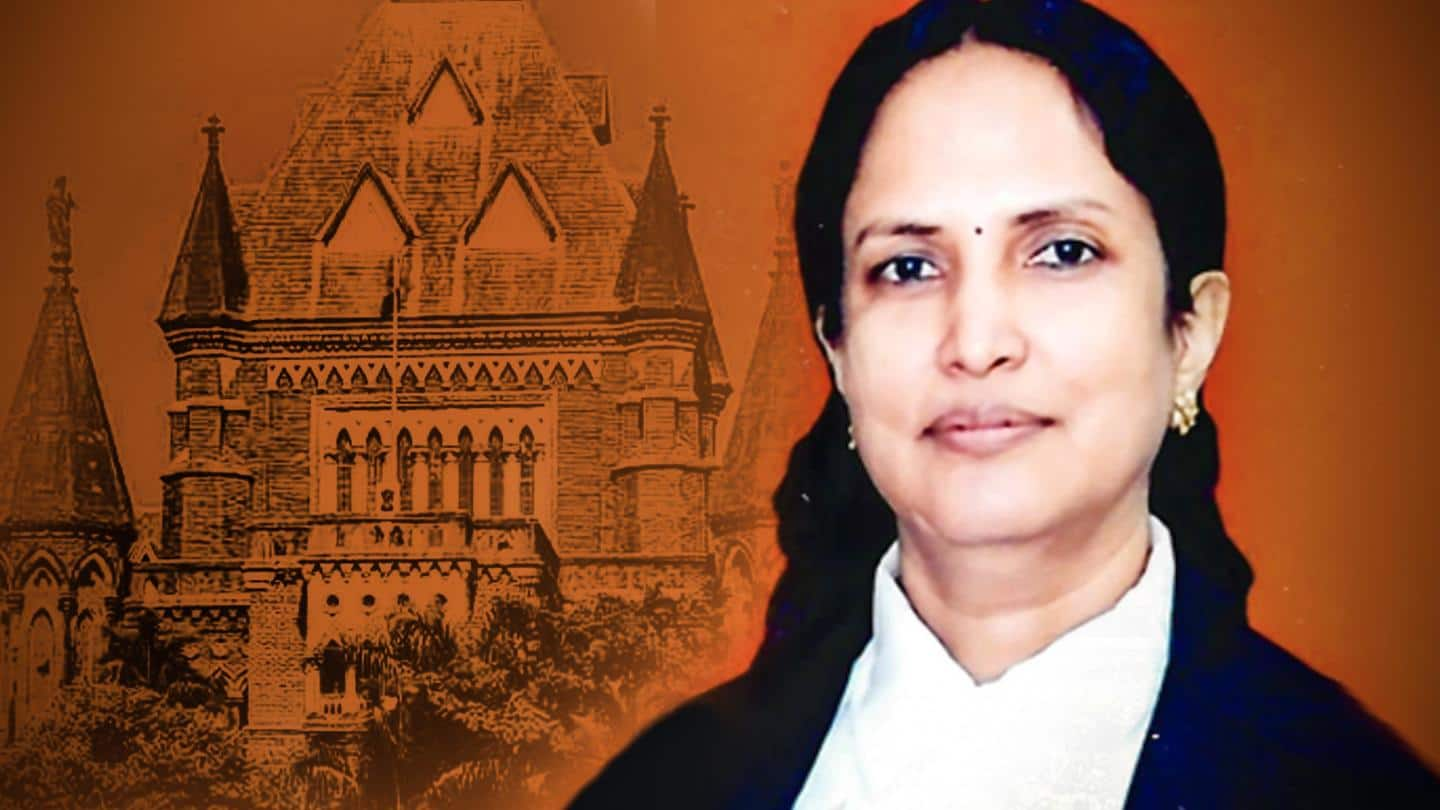
Justice Pushpa Ganediwala, who gave controversial 'skin-to-skin contact' verdict, resigns
What's the story
Justice Pushpa V Ganediwala, additional judge of the Bombay High Court, resigned on Thursday after she was denied elevation as a permanent judge. The resignation came just two days before the end of her tenure. In December 2021, after two of her rulings were thoroughly scrutinized, the Supreme Court Collegium decided not to recommend her as a permanent judge.
Verdicts
Controversial rulings in 2019 and 2020
Two of Justice Ganediwala's rulings in 2019 and 2020 concluded that "no direct physical contact" or "skin-to-skin contact" between the accused and the victim will not amount to sexual assault under Section 7 of the Protection of Children from Sexual Offences (POCSO) Act. The Supreme Court later overturned the verdicts, and the Collegium decided not to recommend her as a permanent judge.
Elevation
The Collegium had approved her elevation earlier
The Collegium approved her elevation as a permanent judge in 2019 but later reversed its decision after her controversial rulings on sexual assault under the POCSO Act. "She needs exposure and training," sources had told NDTV. Following the Collegium's decision, the Centre extended Justice Ganediwala's tenure but reduced the usual two-year period to one. The decision on elevation was also postponed by a year.
Information
Collegium rarely withdraws its recommendations
The Supreme Court Collegium is not known for reversing its recommendations to the government. Significantly, the Collegium has rejected Justice Ganediwala's elevation to the high court for the second time. The Collegium's decision meant Justice Ganediwala would have returned to the district judiciary once her term as the additional judge concluded on February 12.
Do you know?
Justice Ganediwala's career
Justice Ganediwala was born in 1969 in Paratwada of Maharashtra's Amaravati district and was appointed district judge in 2007. She was named as the additional judge of Bombay High Court at Nagpur in 2019.
Information
How additional judges are appointed?
Additional judges to high courts are appointed for not more than two years under Article 224 (1) of the Constitution, either directly from the Bar or the state judiciary. They retire at the age of 62 years. Additional judge posts were created by the Constitution to address the "increased burden of the court," however, they are being used as a probationary term for judges.